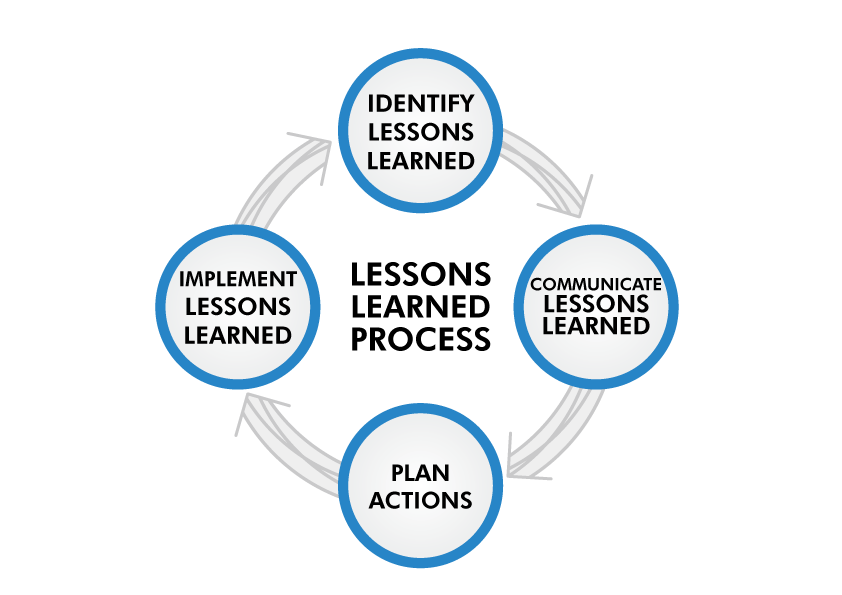The company I work for has a great quality function, and as part of this, we often recieve lessons learned from across the various parts of the organisation, especially in relation to Health and Safety, Medication and Safeguarding those we support.
Yesterday a lessons learned popped into my inbox, and as always, I shared this on with my team through the various communication channels we have, which led to a conversation with a colleague about why we do these and the importance.
That conversation led me down a garden path, but has ended here with a blog where I dive into why learning from experiences matter, the process of learning from experiences and the benefits.
Why Learning from Experiences Matters
Social care is built from lessons learned and shared learning due the experiences and scenarios we and our staff encounter, that often require thoughtful reflection so we can develop more effective strategies to support individuals
When we reflect on past experiences, we gain valuable insights that can help us avoid repeating mistakes and enhance our strategies. Sharing these lessons with the team ensures that everyone benefits from collective wisdom, leading to more informed decision-making and better problem-solving skills. This collaborative approach not only boosts team morale but also empowers each member to contribute effectively.
As John Dewey famously said, "We do not learn from experience... we learn from reflecting on experience." By embracing this philosophy, we can build a stronger, more resilient team ready to tackle any challenge.
The Process of Learning from Experiences
Reflect and Identify - The first step in learning from experiences is to reflect. Take time to think about what happened, why it happened and how it made you feel. Having a document or template and be a helpful tool for your team to help organise their thoughts and identifying patterns.
Communicate - Once you and your team have reflected on the experience you should analyse it. You should discuss what were the key factors that influenced the outcome and consider what could have been done differently etc. This analysis helps you pinpoint specific lessons and actionable insights.
Planning - Use the insights gained from your analysis and conversations with the team to inform your future actions and decisions. Develop a plan that incorporates these lessons, which might involve changing your approach, adopting new habits or seeking additional knowledge and skills.
Implement - Apply what you've learned to your future ways of working. This implementation ensures that the lessons learned are effectively utilised to improve processes and outcomes.
The Benefits of Capturing and Sharing Lessons Learned
By capturing and sharing lessons learned, organisations can continuously refine their processes and avoid repeating past mistakes. This practice fosters collaboration, enabling individuals and teams to learn from each other and work together to enhance outcomes.
When we document and share our experiences, we build a collective knowledge base that helps us understand what works and what doesn't. This shared wisdom allows us to make better decisions and mitigate risks in future projects and initiatives.
Capturing and sharing lessons learned instils confidence and trust in processes.
Remember, capturing and sharing lessons learned is a crucial part of continuous improvement and as Nelson Mandela wisely said,
"Education is the most powerful weapon which you can use to change the world."




